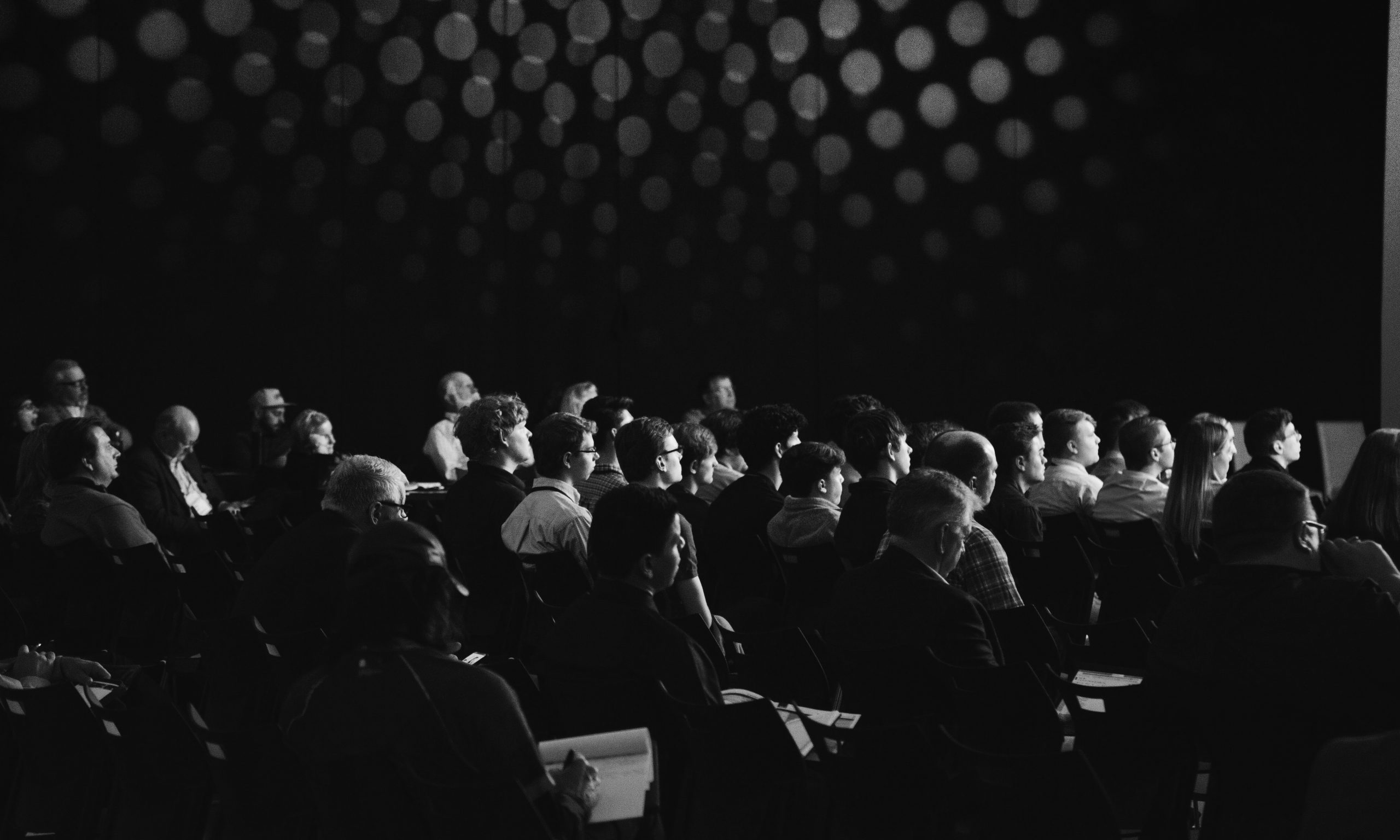About the Directive on the podcast of Radio Maribor
Luka Novak from the Slovenian Organization of Authors and Publishers for Reproduction Rights – SAZOR and Domen Savič from the institute Državljan D confronted their views on the Directive on copyright in the Digital Single Market, while dr. Maja Bogataj Jančič, IPI, spoke about the text and data mining and educational exception.
Novak, who is one of the most ardent supporters of the Directive in Slovenia, explained that it is the first attempt of opening and harmonizing copyright law after 18 years and that it tries to preserve the balance between protecting copyrighted works and ensuring society free access to knowledge. The attempt is not optimal, however, it would, in principle, bring improvements. Savič, who is critical towards the Directive, said that as any first attempt to regulate a certain problematic subject matter, regulating copyrights on the internet was kidnapped by a certain industries – in this case the industry of right holders on one and content intermediaries on the other side, while leaving the general public excluded.
The majority of Slovenian MEPs voted against the Directive, while three were against. Franc Bogovič, who supported the Directive, gave a statement for the podcast, in which he explained that we need to protect the European digital environment from American corporations. Igor Šoltest, who voted against the Directive, because he thinks it still needs a lot of improvement, highlighted the problem of transforming the internet into a space of censorship, which nobody wants.
A conversation with dr. Maja Bogataj Jančič, who advised the Ministry of Education, Science and Sport in the process of adopting the Directive, was also included in the podcast. She presented the exceptions, which are important for education, namely the text and data mining and the educational exception. The former sets the rules how artificial intelligence will be created in the EU. This exception is more than welcome and good news for researchers, however, it does not establish the same level of legal certainty for companies who will most likely seek more secure business environments outside the EU. The latter, the exception for education, has been long-awaited in the educational sector for quite some time, but has not been made mandatory for Member States, which is contrary to the aim of harmonizing copyright law in this field. Another problem is the narrowness of the exception as it only applies to educational institutions and does not take into account the fact that education can also be carried out in libraries, galleries and museums. It is important for the educational system in Slovenia not to subject this exception to remuneration.
To listen the whole podcast (in Slovene) here.
The 4th Open Knowledge Day took place on Tuesday 17 October 2023, with an accompanying workshop on 18 October 2023. This year it was organised by the Open Data and Intellectual Property Institute (ODIPI) and supported by Knowledge Rights 21 (KR21).
We invite you to the fourth Open Knowledge Day and the workshop, which will take place this year within the framework of the programme and with the support of Knowledge Rights 21. The event will bring together experts from different European countries to discuss two topics: the first part will deal with the legal basis for data analytics, which is a key part of machine learning and related artificial intelligence, and the general exception for research. In the second part, open science in theory and practice will be presented both in Slovenia and in some Western Balkan countries. Representatives of research and educational institutions from Slovenia and the Western Balkan countries, as well as interested members of the public, are invited to attend.
Dr. Maja Bogataj Jančič, a renowned expert in copyright law, has joined the Berkman Klein Center for Internet & Society at Harvard University, where she will serve as an affiliate researcher for the next two years.
On Friday, October 6, 2023, the online seminar “Practical Experiences in Resolving Copyrights of Modern Book Works” took place. The seminar addressed relevant questions concerning user access to literary works in digital form.





